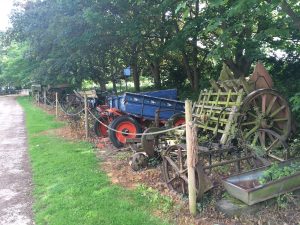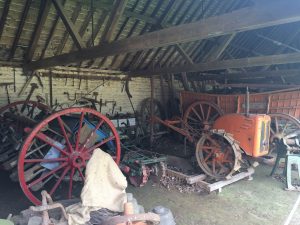My first day at Surfers Against Sewage
Today I started my internship at Surfers Against Sewage, a Cornwall based charity focused on improving UK water quality and the reduction of single use plastics, as well as broader issues such as marine conservation and climate change.
Having just launched their new project ‘Plastic free Coastlines’, a positive response to an accumulation of plastics with an area of 5x the size of the UK (newly branded ‘Wasteland‘), there is a vibrant and energetic atmosphere in the office. The project aims to engage communities and businesses in the problems that Wasteland is creating, and provides a free action plan, inspiring you to ‘join the resistance’. I’ll be tasked with public engagement at the infamous Boardmasters festival next week, hoping to collect , collate and report on data from the public, and signing up as many people as possible to this effective response to a very important issue. I’ll also be helping co-ordinate large scale beach cleans at the festival, all to come next week.
Today, though, I was tasked with an entirely different project. Ellie, (a member of the SAS team) is leading ‘Be the Change’, a new education programme which aims to inform primary schools about litter via interactive workshops. With the charity growing at a rapid rate in recent years, last year the project extended outside of Cornwall and reached Birmingham and Essex. This year, they aim to engage with schools in all areas of the UK. This required thorough research into primary schools in areas such as Newcastle. I researched all registered primary schools in Newcastle, and subsequently created a spreadsheet with contact information including social media links and important names, hoping that this will provide an easy platform for the charity to work from when it comes to engaging in communities that they haven’t reached yet. Out of the 75 schools, we hope to confirm and finalise a minimum of 5 physical tours to schools in Newcastle, with of course many more to other parts of the UK. ‘Hard to reach areas’ such as Northern Ireland and all UK islands will be engaged via online interactive talks and podcasts to ensure no one is left out.
I’ve also got a couple more projects to balance in the coming weeks, one involving a re-mapping of a nationwide map on the SAS website to smaller scale regional maps, hopefully allowing me to use my GIS mapping skills learnt during my geology degree. The other involves me helping with the launch of the ever-growing Beach Clean Box Communities project, providing physical boxes for coastal communities to utilise. More to come on these!!
Overall a fun day and a great crew. Excited for the rest to come!
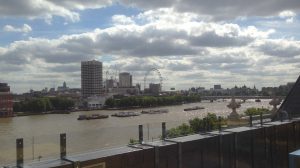
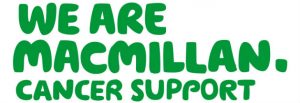
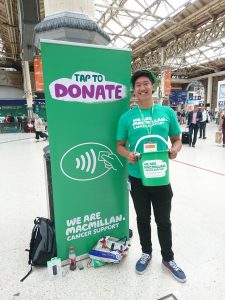
 lives of people with blood cancer. It was the world’s first register that matched donors of blood stem cells or bone marrow to people with blood disorders that desperately needed life-saving transplants. Currently, there are more than 600,000 potential donors on the register. The foundation raises awareness, educates and provides information about the register and donation. Furthermore, they conduct world-class research which leads to improved success rates of transplants and better quality of support provided to patients. Their integration of scientific research with raising awareness, finding donors and supporting patients is, in my opinion, the most important aspect of their work in helping people with blood disorders. I am currently working with The Register Development Team, which recruits donors through a number of different channels and is now looking for new ways to expand this and reach their ambitious objective of recruiting 100,000 stem cell donors per year.
lives of people with blood cancer. It was the world’s first register that matched donors of blood stem cells or bone marrow to people with blood disorders that desperately needed life-saving transplants. Currently, there are more than 600,000 potential donors on the register. The foundation raises awareness, educates and provides information about the register and donation. Furthermore, they conduct world-class research which leads to improved success rates of transplants and better quality of support provided to patients. Their integration of scientific research with raising awareness, finding donors and supporting patients is, in my opinion, the most important aspect of their work in helping people with blood disorders. I am currently working with The Register Development Team, which recruits donors through a number of different channels and is now looking for new ways to expand this and reach their ambitious objective of recruiting 100,000 stem cell donors per year.